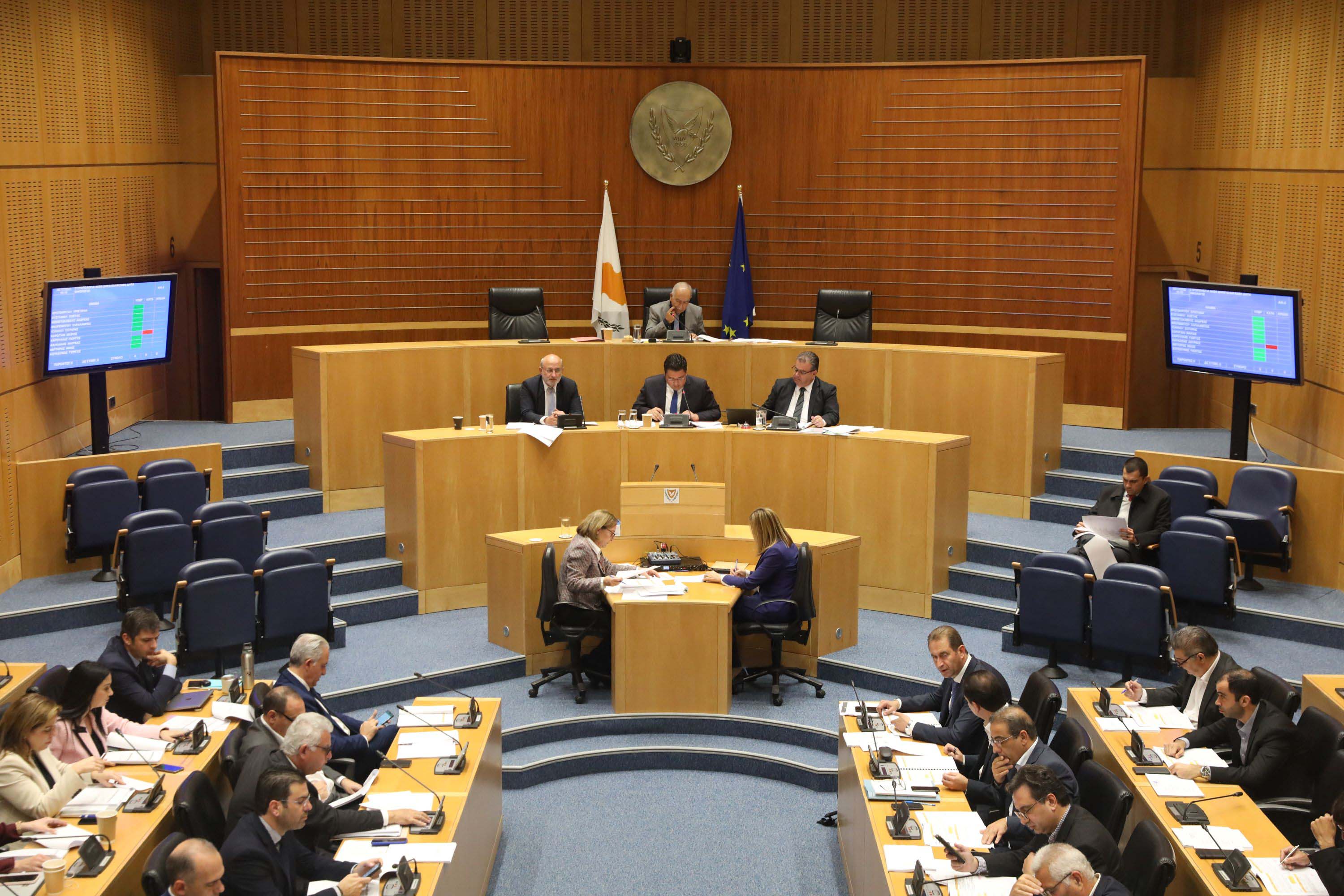The government on Thursday tabled to parliament three more bills forming part of the legislative backbone for the ambitious project for local government reform, as the new administrative system is set to kick in on July 1.
The three bills in question aim to amend the Municipalities Law, the Civil Registry Law, and the District Self-Government Law.
Among other things, the bills regulate matters relating to the conducting of the upcoming local government elections in June. They also deal with arrangements concerning current municipal staff, give clarity on matters of jurisdiction of the various administrative bodies, and regulate issues relating to the new process of approving municipalities’ budgets.
The clauses in the three bills aim to smooth over the transition to the new system of local government.
The bills also stipulate that people may vote strictly according to their place of residence. This applies chiefly to displaced persons who up until now, and regardless of where they lived in the south, voted for municipalities designated as occupied – for example Kyrenia or Morphou.
The rationale for the change is that, under the new system coming in, people will be voting for organisations that provide public services.
Another change in the bills gives the right to any person aged 21 and over to run for office in local government elections, if the person is aged 21 on election day. Previously, a candidate had to be 21 on the date of filing their candidacy.
In addition, no one can run for two different offices simultaneously.
Under the new system, across the island 18 new Metropolitan municipalities will emerge from the fusion of the 28 current municipalities and 63 local communities. In addition, two municipalities (those of Paphos and Strovolos) will remain as is, for a total of 20 municipalities – down from 30 now.
The Metropolitan municipalities will be granted more financial autonomy. They’ll gain new responsibilities and competences in domains such as social affairs, permit issuing, local infrastructure maintenance, environmental protection and quality of life, and schools.
Meanwhile there will come about 30 ‘local clusters’ (a new type of public-law organisation) for the remaining 286 communities – those not merged with municipalities. The clusters will provide aggregated services (collection and general waste management, secretariat provision, accounting, and technical services). These administrative bodies will provide a wider range of services and will support the community councils in discharging their obligations.
And five new ‘district councils’ will be set up. The existing sewerage councils, water supply councils, solid waste management and urban planning authorities, will all be merged at the district level.







Click here to change your cookie preferences